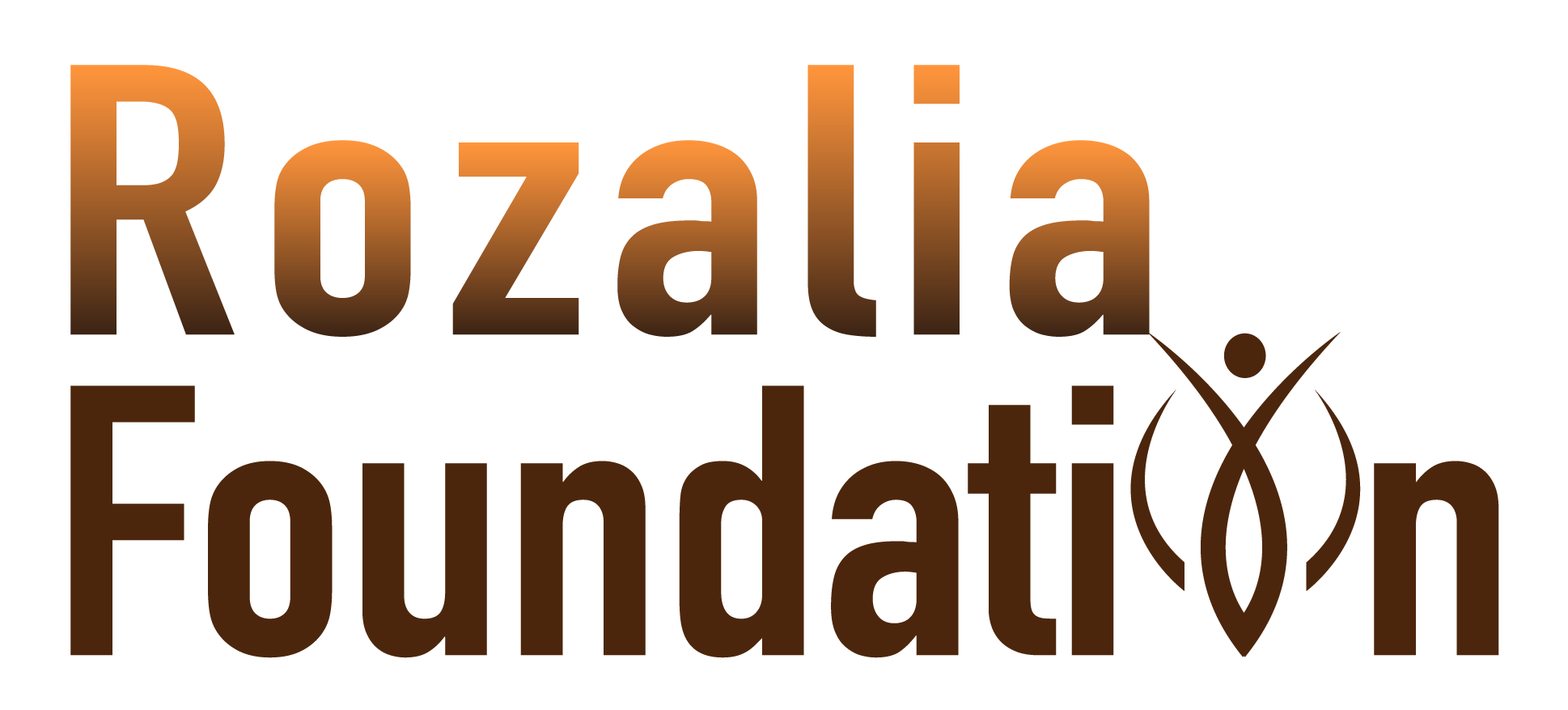Sanitation & Hygiene
Behind the world of pure water, sanitation & hygiene
According to United Nations Development Programme (UNDP); Half of the hospital beds in the world are occupied by patients suffering from diseases associated with lack of access to safe drinking water, inadequate sanitation and poor hygiene.
For centuries, Maasai people have traditionally relied on natural sources of water, including rivers and streams, for water needs for them and livestock. However, these sources are often contaminated, leading to health problems such as diarrhea, cholera, and typhoid fever which makes sanitation and hygiene, and clean water among critical components of public health, particularly in rural areas like the Maasai community. These, interventions aligned with several of the United Nations’ Sustainable Development Goals (SDGs), including SDG 3 (Good Health and Well-being), SDG 6 (Clean Water and Sanitation), and SDG 5 (Gender Equality).
While other global communities are stepping in achieving these SDGs by 2030; Maasai people of Northern Tanzania are lagging behind as being constrained by several factors such Climate Change which has made water very scarce and force Maasai and livestock to share limited sources of water and press competition and much pressure on ecosystems.
Other factors are lack of infrastructure, gender disparities and cultural beliefs whereby Maasai people believe that using latrines is taboo, and prefer to defecate in the bush. With these circumstances; Maasai women and girls often bear the burden of water collection and household sanitation, which limits their opportunities for education and economic empowerment. In addition, during menstruation periods women, particularly girls face difficulties in managing their privacy and majority would drop from schools and household activities.
To overcome these challenges and achieve the SDGs in the Maasai Community, RFO is working with government authorities, private sector, school staffs and local communities to raise and promote commitment to increase investment and resources to implement and sustain water and sanitation interventions, awareness and education about importance of sanitation, hygiene and access to clean water, particularly among women and girls. We believe that interventions to improve sanitations, hygiene and access to clean water in the Maasai community would have significant impact on public health, wellbeing of the community, women empowerment and participation in conservation of ecosystems.
Usafi wa Mdada Project
Supported by Naona Maasai Tours Ltd & Footslopes Tours and Safaris Ltd
This is an important project that aims at addressing the challenges faced by young Maasai girls in accessing safe and hygienic facilities. In many rural communities in Africa, including the Maasai community, girls face challenges accessing sanitary due to due lack infrastructure, cultural norms, and poverty. Since Menstruation is regarded as a taboo among Maasai; it has mostly contributed to school absenteeism and drop to majority of Maasai school girls. As such, parents in Maasai communities do not consider menstruation management as a crucial aspect for the welfare and wellbeing of their children.
This project is operating in 5 primary schools in 5 different Maasai villages namely Lopolun, Oloirien, Magaiduru, and Oldonyows in Eastern Serengeti National park and Endulen boarding primary school in Ngorongoro highlands. As such the project takes into account combination of education, infrastructure development, and community engagement.
The project works to promote the education of young girls and create awareness around the negative impacts of poor sanitation on health and wellbeing. To ensure the success of the project, we work closely with government, teachers and Maasai community to gain their support and buy-in. We also involve parents, community leaders and elders in order to understand Maasai cultural beliefs, norms and practices around sanitation and hygiene. This would be crucial for project sustainability in the long-term, which would require involvement of Maasai community not only in maintaining and managing the facilities but also adopting the concepts of the project at households’ levels.
Together we make a difference





Invest in people’s health and wellbeing
This is how donation can do
20$ Can purchase 1 box of sanitary pads to be used by 6 girls in 3 months
50$ in enough as allowance for Trainers in one session
200$ is enough for fuel and transport to remote schools
4000$ is capable of constructing a latrine for more than 500 pupils in one school
10,000$ would drill a borehole for clean and safe water for Maasai village.
Your highly valued donations shall help us change lives, kindly become one of us, as together we shall meet our Mission.
